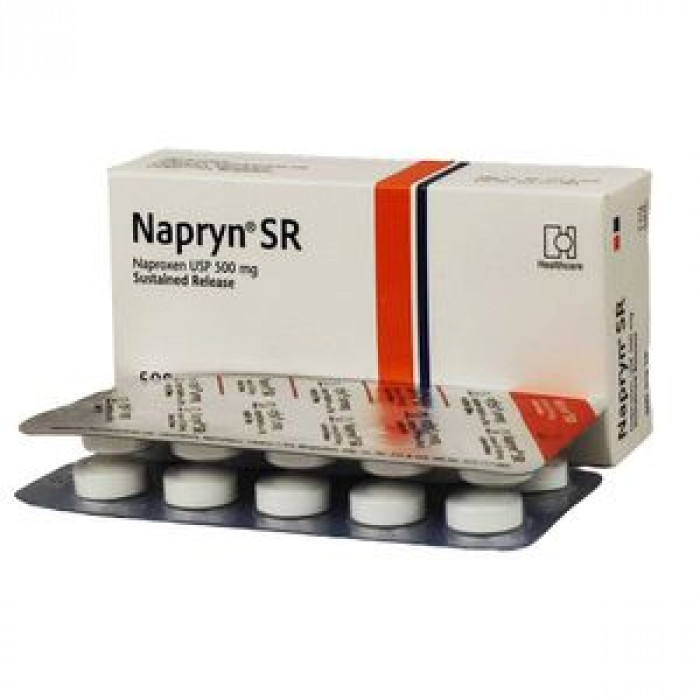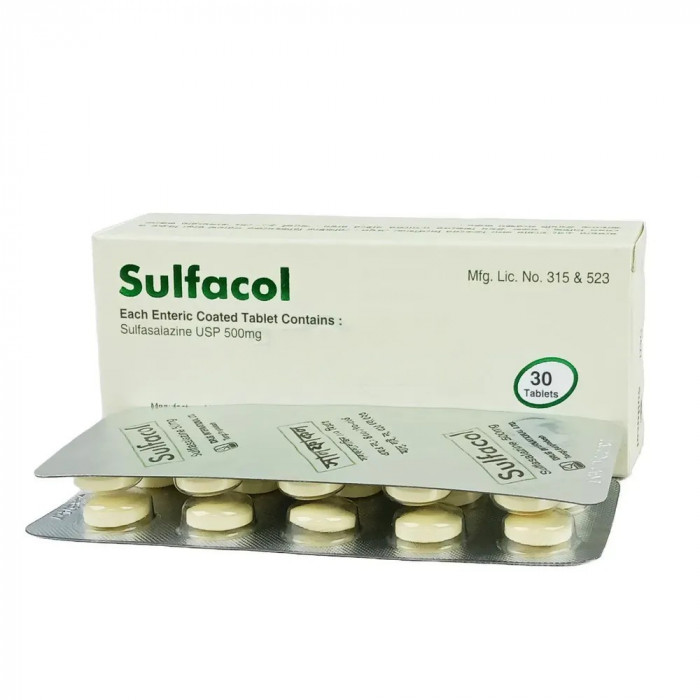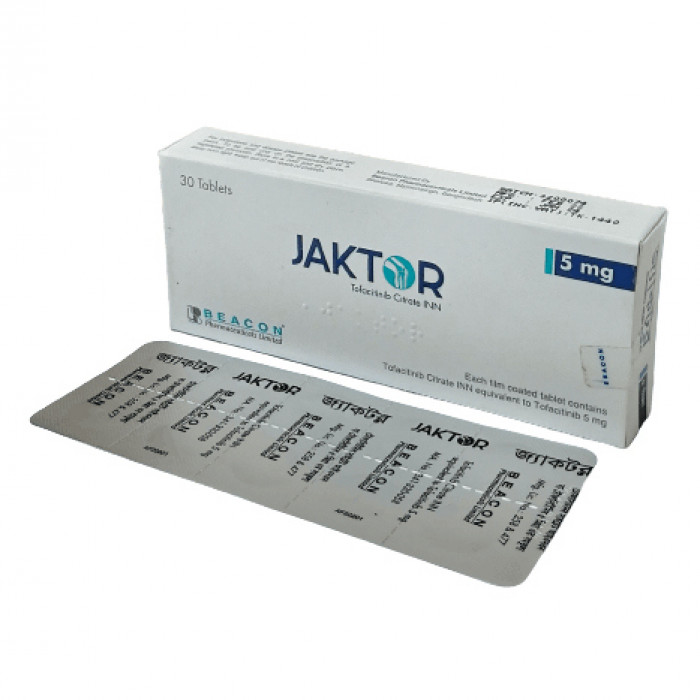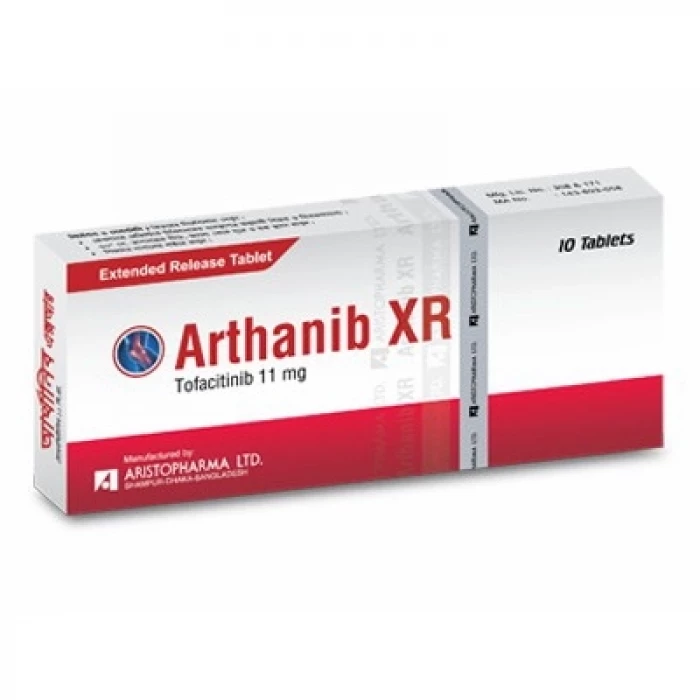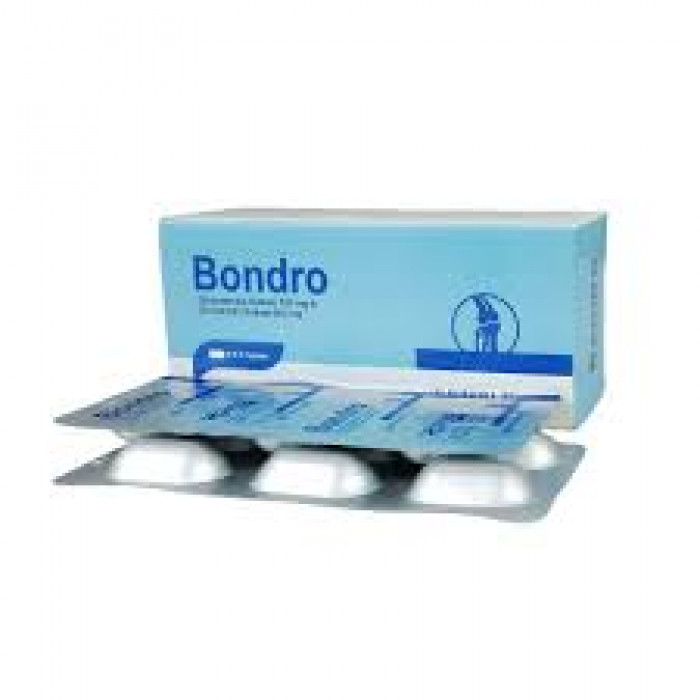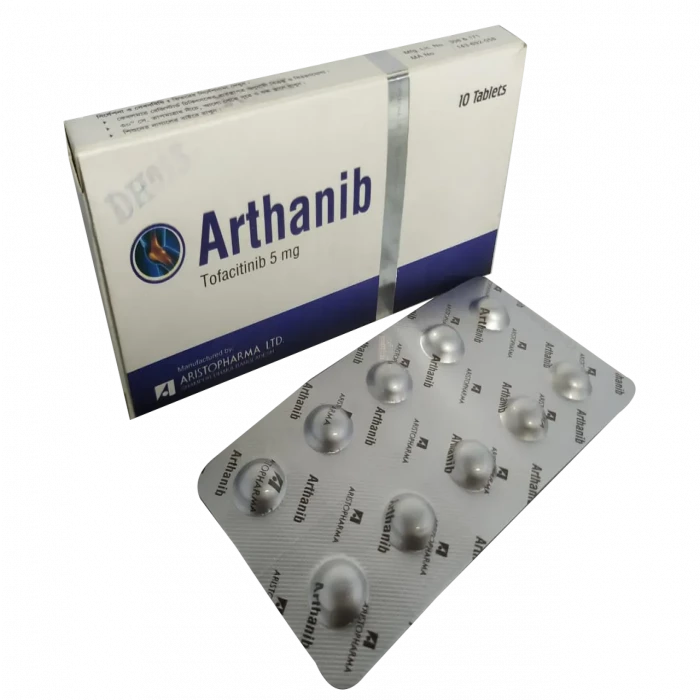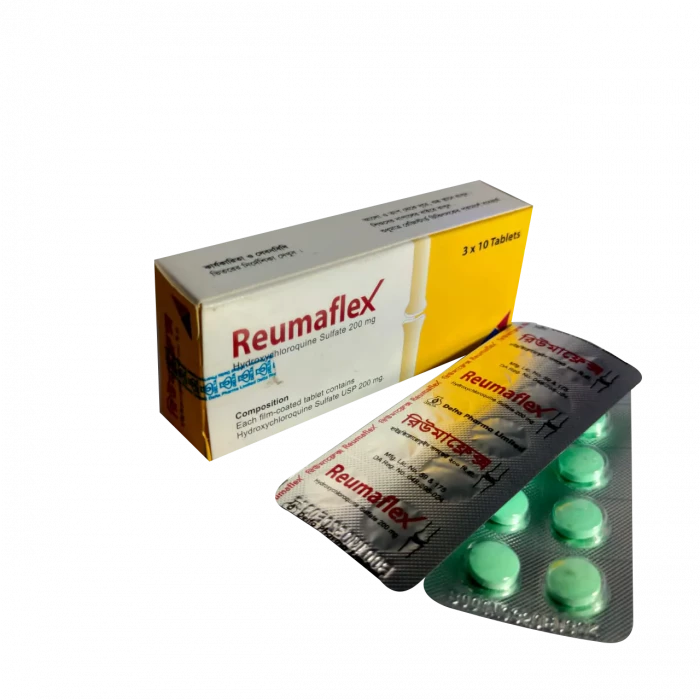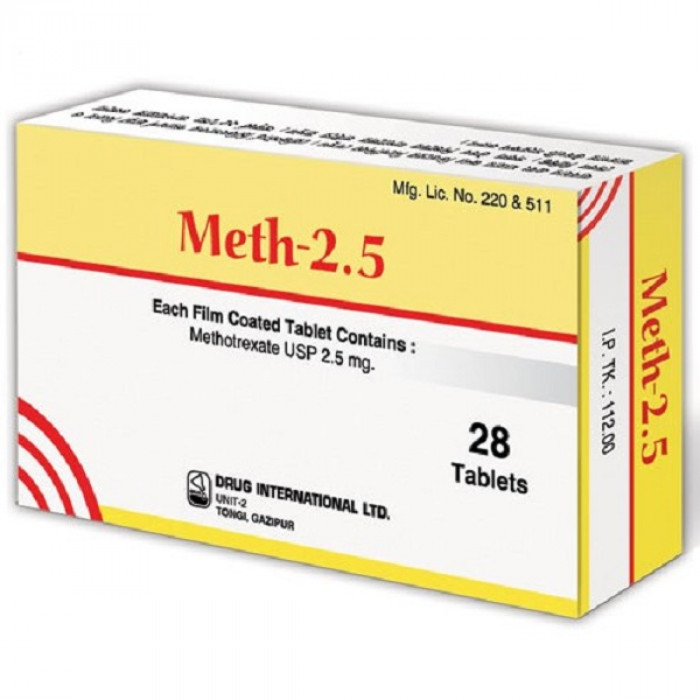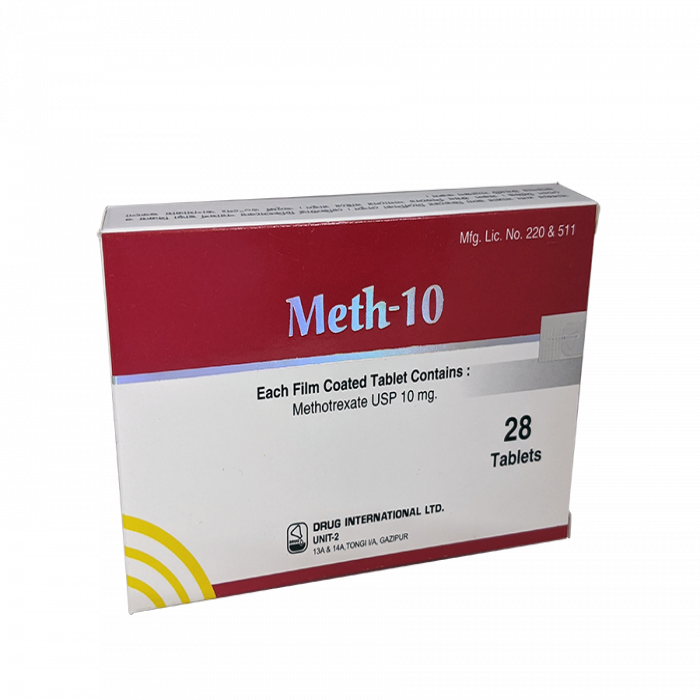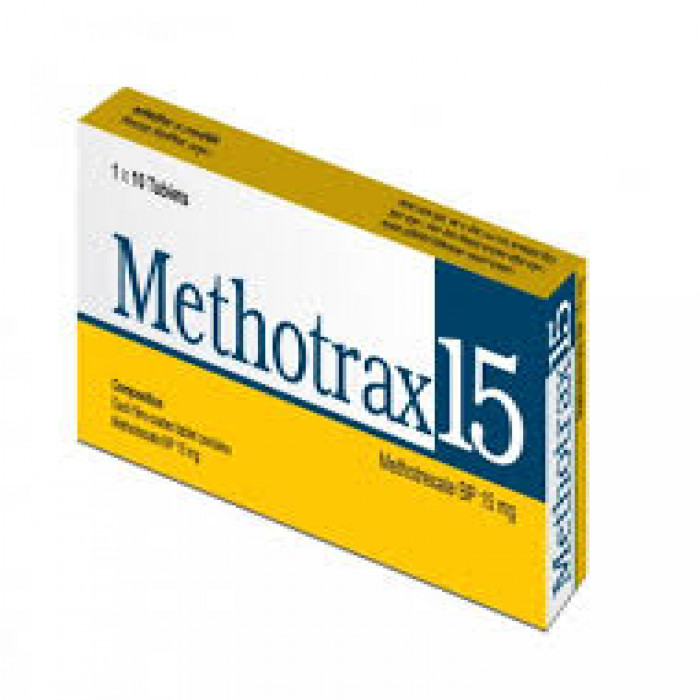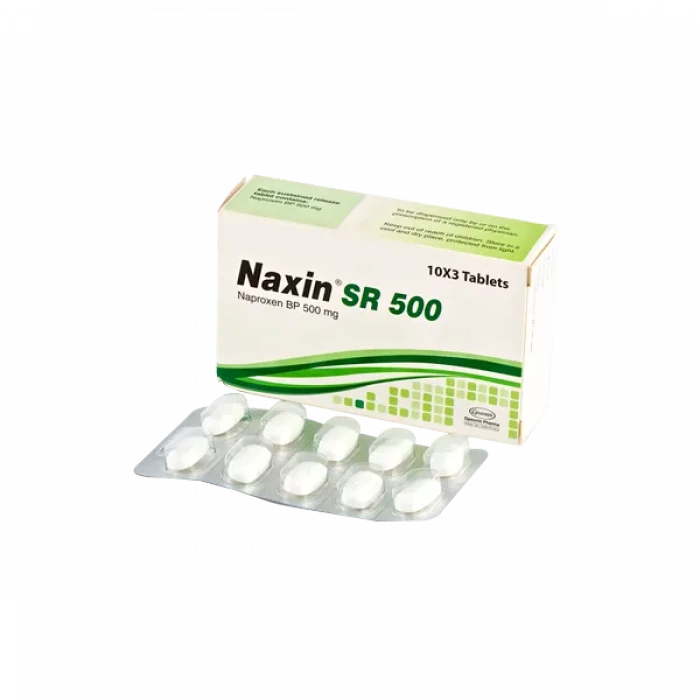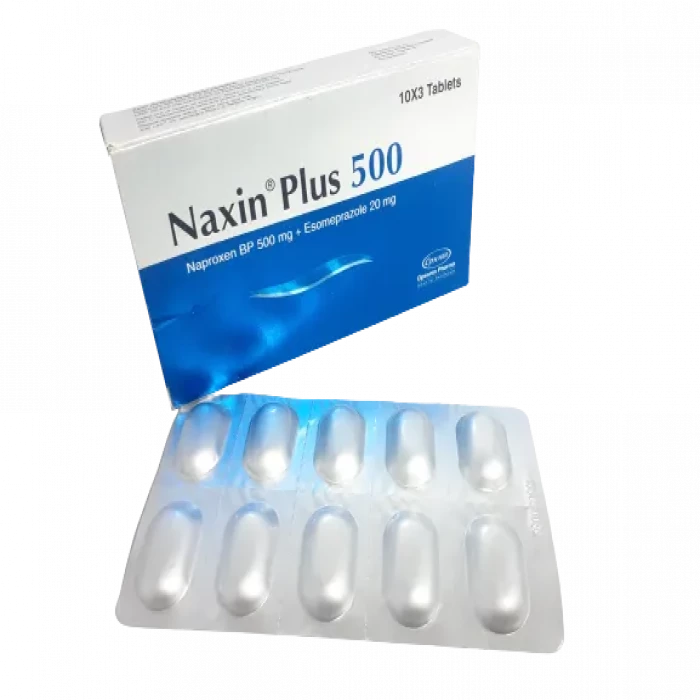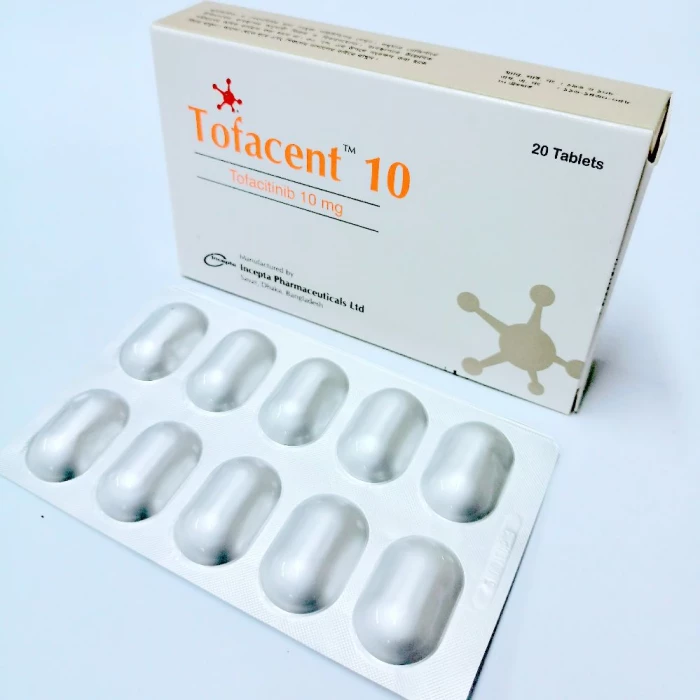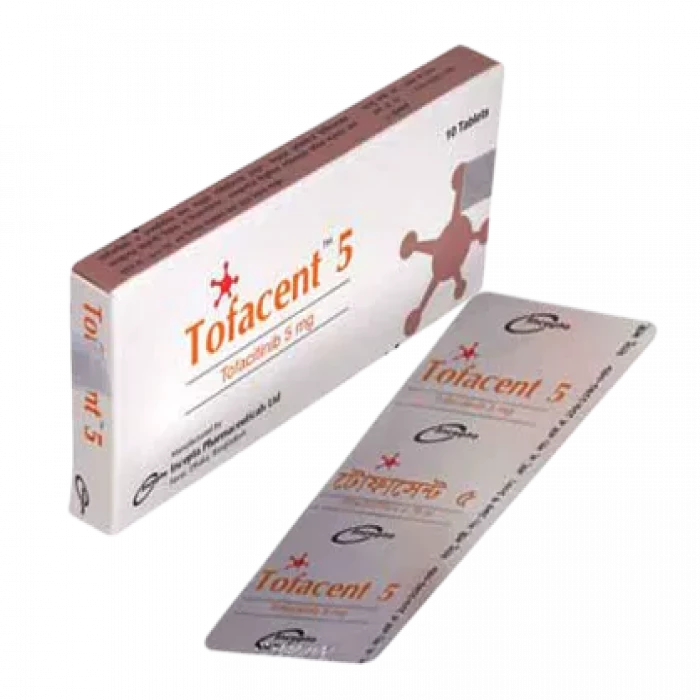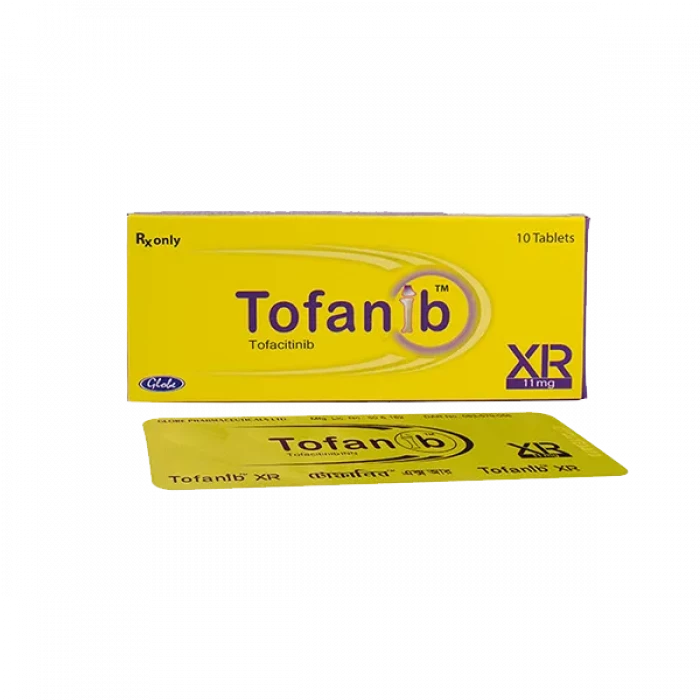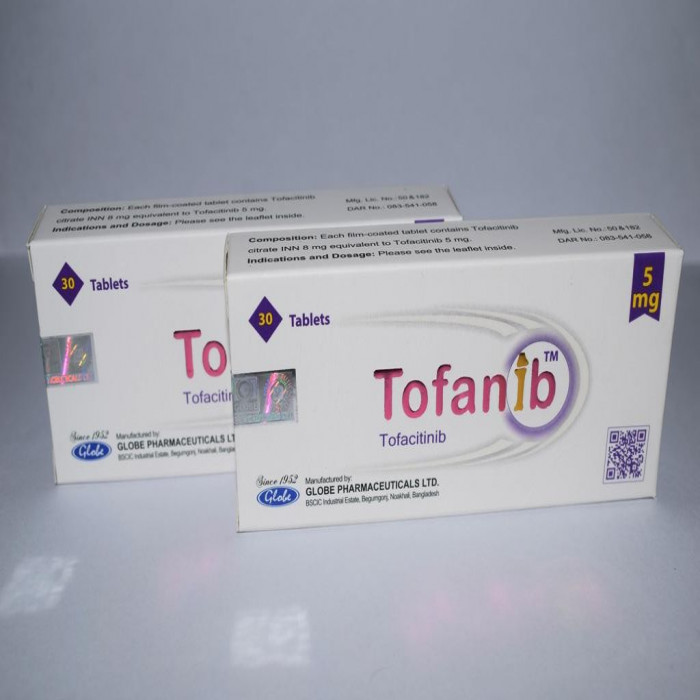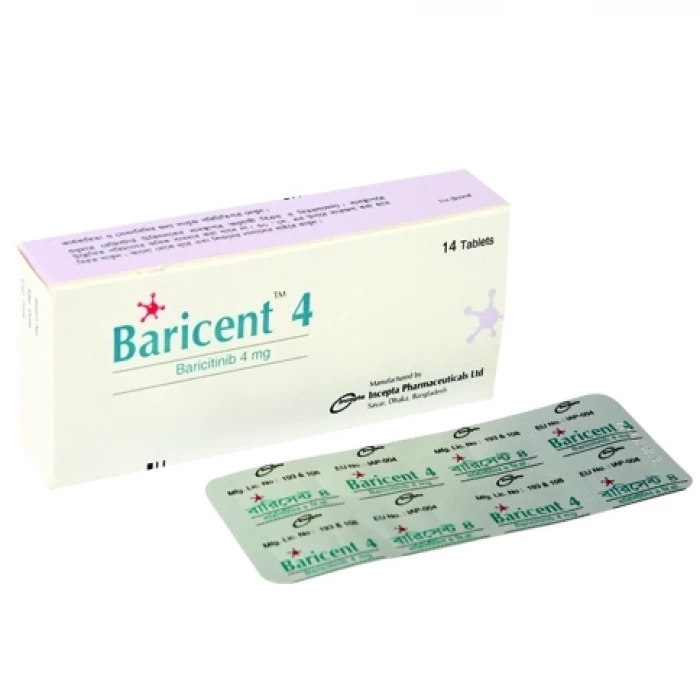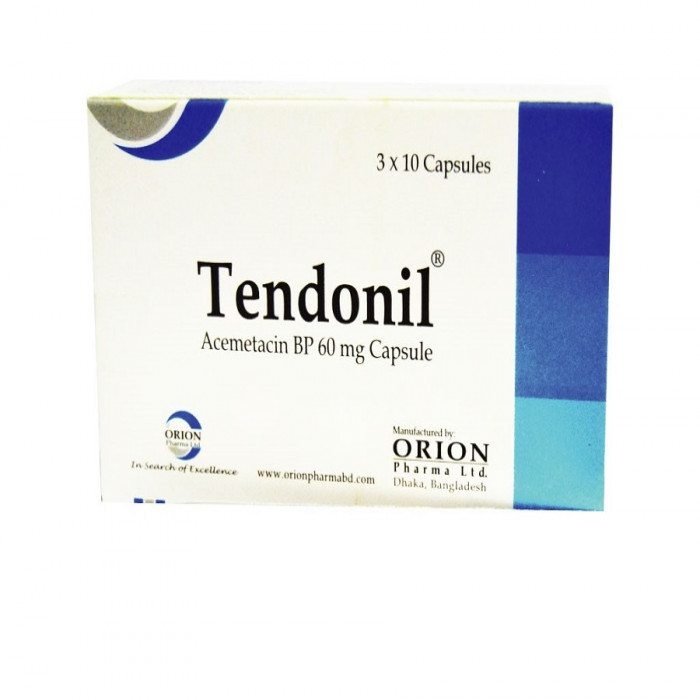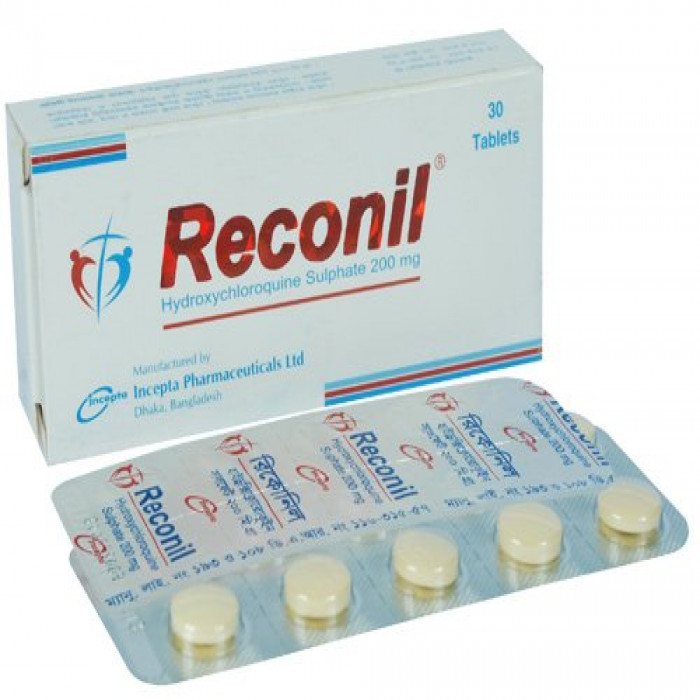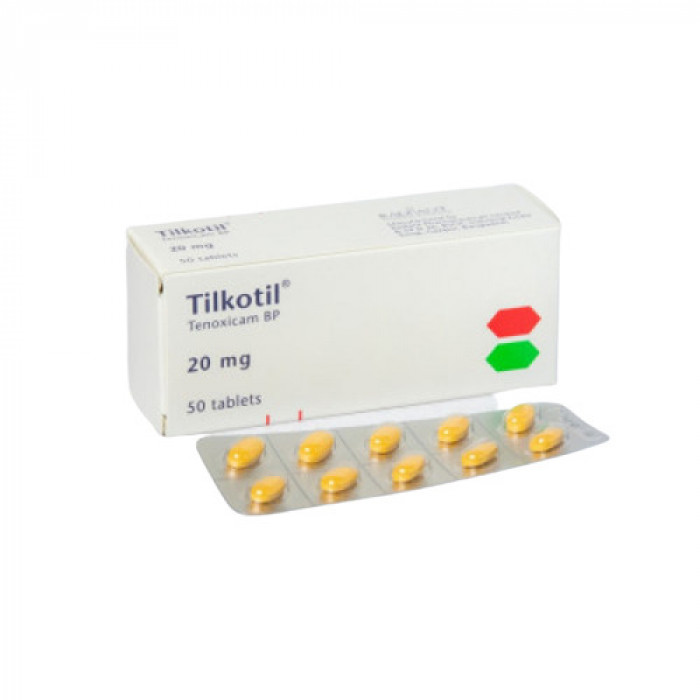
✔ 100% Authentic Product
👁️ Currently Viewing 2530
Tilkotil 20 Tablet | 1 Strip
Tenoxicam is a nonsteroidal anti-inflammatory drug (NSAID) with anti-inflammatory, analgesic, and antipyretic actions, and it can also inhibit platelet aggregation. By blocking prostaglandin synthesis it helps reduce inflammation, pain, and fever, making it effective in treating degenerative and inflammatory musculoskeletal disorders.
Discount
Price: ৳ 162
MRP:
৳
171
5%
Off

100% Genuine Products, Guaranteed

Safe & Secure Payments, Always

Fast, Secure & Efficient Delivery

Proper Packaging
 Cash on Delivery - All over Bangladesh
Cash on Delivery - All over Bangladesh Regular Delivery - 12-24 Hours, Dhaka City* Charge Tk.39-59
Regular Delivery - 12-24 Hours, Dhaka City* Charge Tk.39-59 Regular Delivery - 24-48 Hours, Other Cities* Charge Tk.99-110
Regular Delivery - 24-48 Hours, Other Cities* Charge Tk.99-110
🌙 রমযান অফার 🌙
 ফ্রি ডেলিভারিঃ - ৭৯৯ টাকা+ অর্ডারে, ঢাকা
শহরে
ফ্রি ডেলিভারিঃ - ৭৯৯ টাকা+ অর্ডারে, ঢাকা
শহরে ফ্রি ডেলিভারিঃ - ২৭৯৯ টাকা+ অর্ডারে, ঢাকার
বাহিরে
ফ্রি ডেলিভারিঃ - ২৭৯৯ টাকা+ অর্ডারে, ঢাকার
বাহিরে
📲 মোবাইল অ্যাপ অর্ডারে সাশ্রয় বেশী
-
Google Play Store থেকে ডাউনলোড
-
Apple Store থেকে ডাউনলোড
100% Genuine Products, Guaranteed
Safe & Secure Payments, Always
Fast, Secure & Efficient Delivery
Proper Packaging
 Cash on Delivery - All over Bangladesh
Cash on Delivery - All over Bangladesh Regular Delivery - 12-24 Hours, Dhaka City* Charge Tk.39-59
Regular Delivery - 12-24 Hours, Dhaka City* Charge Tk.39-59 Regular Delivery - 24-48 Hours, Other Cities* Charge Tk.99-110
Regular Delivery - 24-48 Hours, Other Cities* Charge Tk.99-110 ফ্রি ডেলিভারিঃ - ৭৯৯ টাকা+ অর্ডারে, ঢাকা
শহরে
ফ্রি ডেলিভারিঃ - ৭৯৯ টাকা+ অর্ডারে, ঢাকা
শহরে ফ্রি ডেলিভারিঃ - ২৭৯৯ টাকা+ অর্ডারে, ঢাকার
বাহিরে
ফ্রি ডেলিভারিঃ - ২৭৯৯ টাকা+ অর্ডারে, ঢাকার
বাহিরে- Google Play Store থেকে ডাউনলোড
- Apple Store থেকে ডাউনলোড
🌙 রমযান অফার 🌙
📲 মোবাইল অ্যাপ অর্ডারে সাশ্রয় বেশী
✅ Description:
Tenoxicam is prescribed for rheumatoid arthritis, osteoarthritis, ankylosing spondylitis, acute gout, and extra-articular inflammatory conditions such as tendinitis, bursitis, and periarthritis of the shoulders or hips. It is also indicated for managing musculoskeletal pain, post-surgical pain, and primary dysmenorrhea.
✔️ Side Effects
Generally well tolerated at prescribed doses, but possible side effects include mild, temporary gastrointestinal discomfort, abdominal pain, indigestion, heartburn, nausea, dizziness, headache, skin rashes, itching, swelling, elevated BUN or creatinine, and palpitations. Rarely, serious effects like GI perforation, asthma, angioedema, or hypertension may occur.
✔️
The typical adult dose for most indications (except primary dysmenorrhea, post-operative pain, and acute gout) is 20 mg once daily, taken at the same time each day. In rheumatoid arthritis, nighttime dosing may help ease morning stiffness.
Primary dysmenorrhea: 20–40 mg once daily
Post-operative pain: 40 mg once daily for up to 5 days
Acute gout: 40 mg once daily for 2 days, then 20 mg once daily for the next 5 days
Tenoxicam is not recommended for patients under 16 years of age.
✔️ Drug Interactions
Salicylates can increase the clearance and distribution of tenoxicam by displacing it from protein-binding sites, so concurrent use with salicylates or other NSAIDs is discouraged due to higher side-effect risks. When used with methotrexate, it may reduce renal tubular secretion of methotrexate. It should not be combined with potassium-sparing diuretics and may reduce the antihypertensive effects of beta-blockers and ACE inhibitors. It may also enhance the effect of sulfonylurea antidiabetic drugs.
✔️ Contraindications
Tenoxicam should not be used in patients with active peptic ulcers, gastrointestinal inflammation, known hypersensitivity to the drug, or a history of asthma, urticaria, rhinitis, or other allergic reactions to aspirin or other NSAIDs, as severe allergic reactions may occur. It is contraindicated in elderly patients at risk of renal failure, those with a high bleeding risk before surgery, or those with significant liver disease.
✔️ Pregnancy & Lactation
Safety during pregnancy has not been established, so it should only be used if the benefits outweigh the risks. Due to a lack of safety data during breastfeeding, it is not recommended while nursing.
✔️ Precautions & Warnings
Use cautiously in patients with gastrointestinal disorders. Discontinue immediately if ulcers or bleeding occur. Monitor patients at risk of renal impairment, including those with diabetes, hepatic cirrhosis, or heart failure. Closely watch patients with bleeding disorders or on medications affecting clotting. Consider discontinuing in women with fertility issues or undergoing infertility evaluation.
✔️ Storage:
Store in a cool, dry place, away from light and out of reach of children.
⚠️Disclaimer:
At ePharma, we’re committed to providing accurate and accessible health information. However, all content is intended for informational purposes only and should not replace medical advice from a qualified physician. Please consult your healthcare provider for personalized guidance. We aim to support, not substitute, the doctor-patient relationship.




